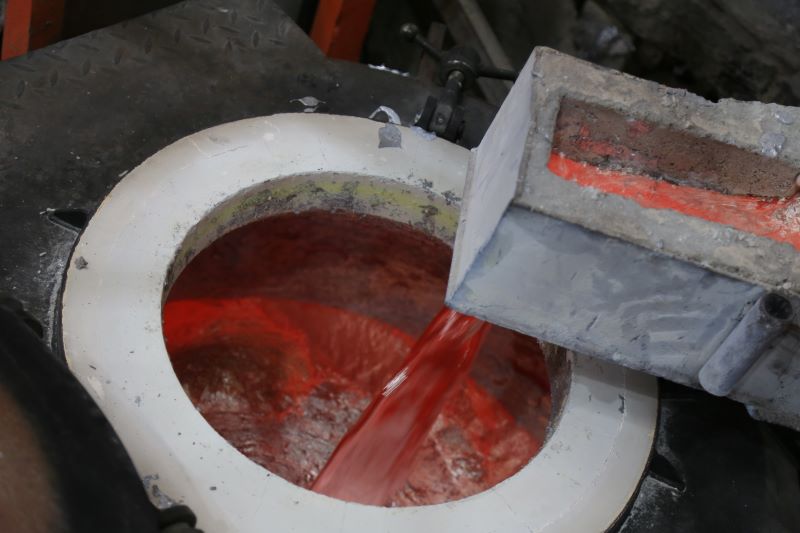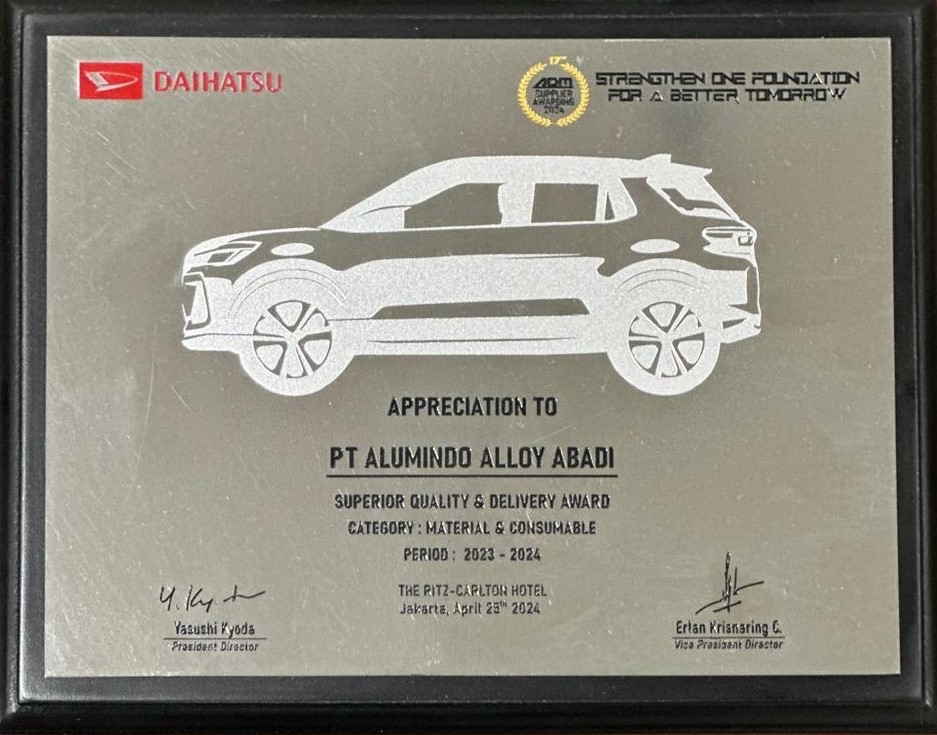Upfront Capital Savings:
Establishing an in-house smelter requires a substantial initial investment in infrastructure, equipment, and personnel training. In contrast, sourcing molten aluminium externally eliminates the need for these upfront capital expenditures, providing immediate cost savings for businesses looking to allocate resources strategically.
Operational Efficiency:
Running an in-house smelter demands ongoing operational expenses for maintenance, energy consumption, and skilled labor. Choosing molten aluminium as a ready-made product reduces the need for such operational commitments. Businesses can streamline their operations and focus on core activities, leveraging the efficiency of external suppliers to meet their molten aluminium requirements.
Reduced Energy Costs:
Smelting processes typically consume significant amounts of energy, contributing to high operational costs for in-house smelters. By procuring molten aluminium externally, businesses can benefit from the energy-efficient practices of specialized suppliers, saving on electricity and fuel expenses associated with the smelting process.
Environmental Compliance and Regulation:
In-house smelting operations often necessitate strict adherence to environmental regulations, requiring additional investments in emission control systems and compliance measures. External suppliers, who specialize in molten aluminium production, are equipped to meet stringent environmental standards, sparing businesses the cost and effort of ensuring regulatory compliance.
Focus on Core Competencies:
Outsourcing molten aluminium production allows businesses to concentrate on their core competencies without the complexities and distractions associated with operating a smelter. This strategic focus can result in improved overall efficiency and effectiveness, enabling businesses to allocate resources where they are most needed.
Flexibility and Scalability:
Molten aluminium suppliers offer the advantage of flexibility and scalability. Businesses can adjust their molten aluminium requirements based on production demands without being burdened by the fixed capacity constraints of an in-house smelter. This adaptability contributes to more efficient cost management.
Conclusion:
In conclusion, opting for molten aluminium as a cost-effective alternative to in-house smelting presents a compelling proposition for businesses aiming to streamline operations and enhance financial efficiency. By eliminating the need for significant upfront investments, reducing operational expenses, and ensuring compliance with environmental regulations, businesses can achieve substantial cost savings. Embracing external molten aluminium suppliers provides the flexibility to scale production without the constraints of a fixed-capacity smelter, allowing businesses to navigate the dynamic landscape of industrial production with agility and fiscal prudence.


